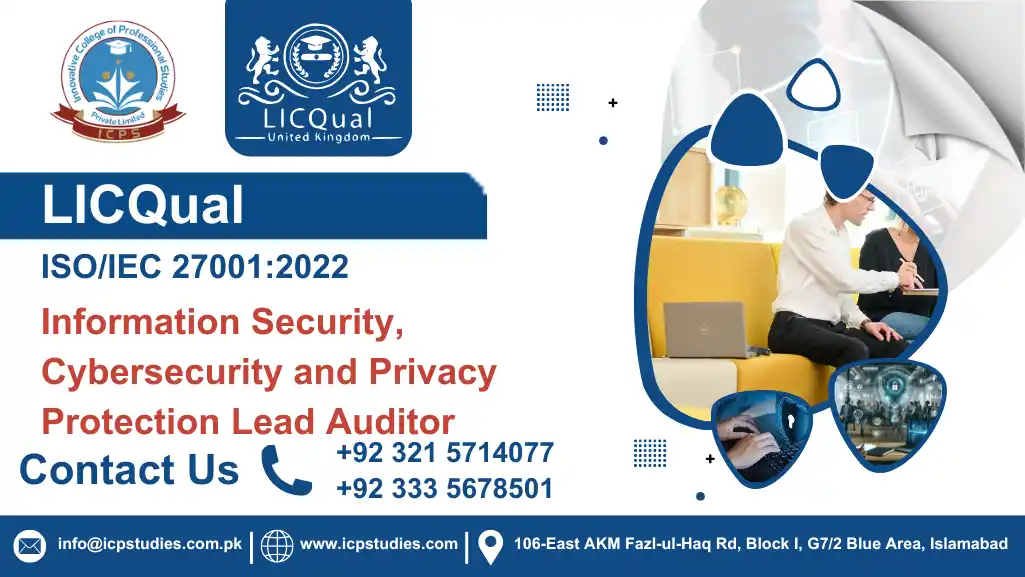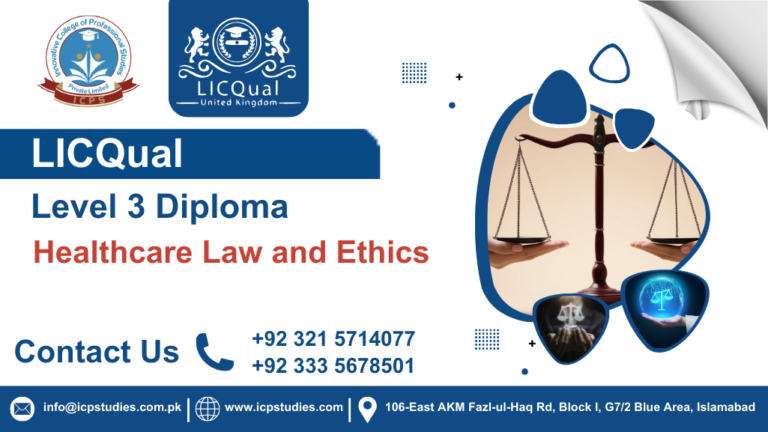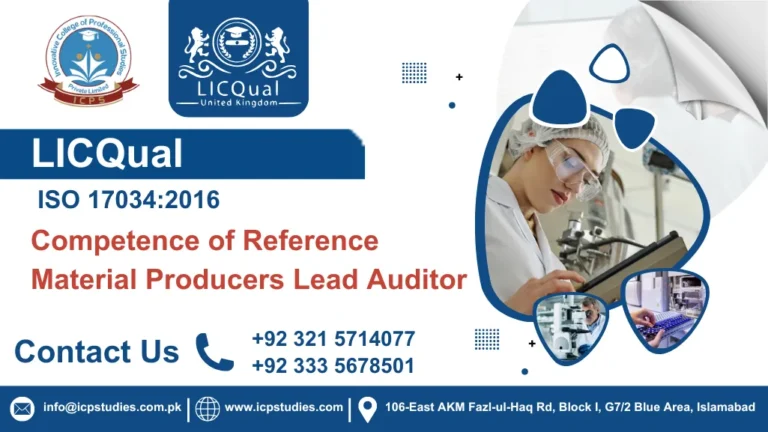In today’s digital age, ensuring the protection of sensitive information is paramount for businesses of all sizes. ISO/IEC 27001:2022 provides a robust framework for establishing, implementing, operating, monitoring, reviewing, maintaining, and improving an Information Security Management System (ISMS). This standard is vital for safeguarding against cybersecurity threats and protecting privacy data, making it an essential component for any organisation handling sensitive information.
ISO/IEC 27001:2022 plays a pivotal role in protecting data from both internal and external threats, addressing not only technological vulnerabilities but also procedural and human factors. The standard requires organisations to establish a clear and actionable information security strategy, identify potential risks, and put in place effective controls to mitigate them. This is critical as cyber threats continue to evolve, and businesses need to be proactive in safeguarding their assets and the privacy of their stakeholders.
ISO/IEC 27001:2022 is an essential standard for organisations that need to secure sensitive data and ensure compliance with privacy regulations. By completing the LICQual Lead Auditor course, participants gain the expertise required to evaluate, audit, and continuously improve an organisation’s information security management system. This certification provides the credentials to lead audits, ensuring that organisations can confidently address the ever-growing risks of cyber threats, data breaches, and non-compliance with privacy laws.
All About LICQual ISO/IEC 27001:2022 Information Security, Cybersecurity and Privacy Protection Lead Auditor
Course Overview
The LICQual ISO/IEC 27001:2022 Lead Auditor course is a highly specialised training programme designed to provide participants with the knowledge and practical skills necessary to perform audits of ISMS based on the ISO/IEC 27001:2022 standard. Throughout the course, participants will learn how to conduct internal and external audits, assess risk management frameworks, identify areas for improvement, and recommend corrective actions that enhance the organisation’s overall information security posture.
The course covers the principles of cybersecurity, privacy protection, and the necessary audit techniques to ensure information security systems are not only compliant but also effective in protecting sensitive data from breaches and threats. Upon completion, participants will be equipped with the skills to help organisations secure their systems and data, maintain compliance, and achieve continuous improvement in information security management.
Study Units
- Introduction to ISO/IEC 27001:2022: Understanding the scope, purpose, and structure of the standard.
- Information Security Management Principles: Exploring the fundamental concepts of information security and risk management.
- Establishing an ISMS: Guidelines for defining policies, objectives, and processes to protect information assets.
- Implementing Controls: Examining the selection and implementation of security controls to address identified risks.
- ISMS Monitoring and Improvement: Strategies for monitoring performance, conducting internal audits, and driving continual improvement
- Compliance and Certification: Understanding the requirements for achieving ISO/IEC 27001 certification and maintaining compliance
To ensure participants are prepared to engage effectively with the course content and assessment requirements, the following entry criteria apply:
Minimum Age
- Participants must be at least 18 years of age at the time of course commencement.
Educational Background
- A minimum of a secondary school education (equivalent to GCSEs or international equivalent) is expected.
- Higher education qualifications in information technology, cybersecurity, business, or a related field are advantageous but not mandatory.
Work Experience
- Prior experience in information security, IT governance, auditing, risk management, or compliance roles is recommended to maximise learning outcomes.
- Familiarity with ISO management systems or audit processes is beneficial but not compulsory.
Language Proficiency
- As the course is delivered in English, a strong command of written and spoken English is essential.
- Participants should be able to comprehend technical materials and communicate audit findings clearly and effectively.
These requirements help ensure that all learners can successfully participate in the course and apply its principles effectively in a professional setting.
This course is designed for professionals who are responsible for auditing, implementing, or managing information security systems within their organisation or as consultants. It is particularly suitable for:
- Information Security Managers and Officers seeking to enhance their auditing capabilities
- Cybersecurity Professionals aiming to gain formal auditing qualifications
- Internal Auditors responsible for evaluating ISMS performance and compliance
- Risk and Compliance Officers focused on information governance and data protection
- IT Managers and Technical Specialists involved in security infrastructure
- Consultants specialising in ISO/IEC 27001 implementation and audits
- Privacy Officers and Data Protection Advisors needing to align with ISO/IEC 27001 standards
- Professionals preparing to conduct second-party or third-party ISMS audits
- Quality and Systems Auditors expanding their knowledge into information security
This certification is ideal for those wishing to pursue lead auditor roles or take on key responsibilities in ensuring an organisation’s information security management system meets international standards and regulatory expectations.
Learning Outcomes
Introduction to ISO/IEC 27001:2022
- Understand the purpose, scope, and benefits of ISO/IEC 27001:2022
- Identify the structure and clauses of the standard
- Recognise the significance of ISO/IEC 27001 in global information security practices
Information Security Management Principles
- Comprehend key principles of information security and confidentiality, integrity, and availability
- Understand risk management and its role in protecting information assets
- Explore governance and leadership responsibilities in ISMS
Establishing an ISMS
- Learn how to define the scope and context of an Information Security Management System
- Develop policies and objectives aligned with organisational goals
- Establish effective procedures and assign roles within the ISMS framework
Implementing Controls
- Identify and evaluate appropriate Annex A controls based on risk assessments
- Apply methods for implementing and managing selected information security controls
- Understand how to document controls in the Statement of Applicability
ISMS Monitoring and Improvement
- Conduct effective internal audits and management reviews
- Monitor ISMS performance using appropriate tools and indicators
- Drive continual improvement through nonconformity management and corrective actions
Compliance and Certification
- Understand the ISO/IEC 27001 certification process and audit requirements
- Prepare documentation and evidence required for third-party certification audits
- Learn how to maintain ISMS compliance over time through regular reviews and updates
FAQs LICQual ISO/IEC 27001:2022 Information Security, Cybersecurity and Privacy Protection Lead Auditor







